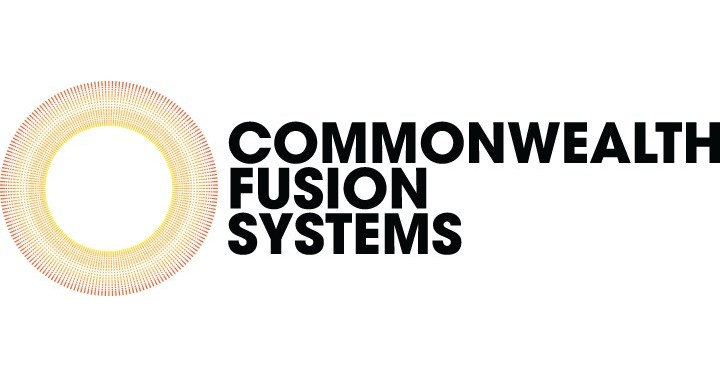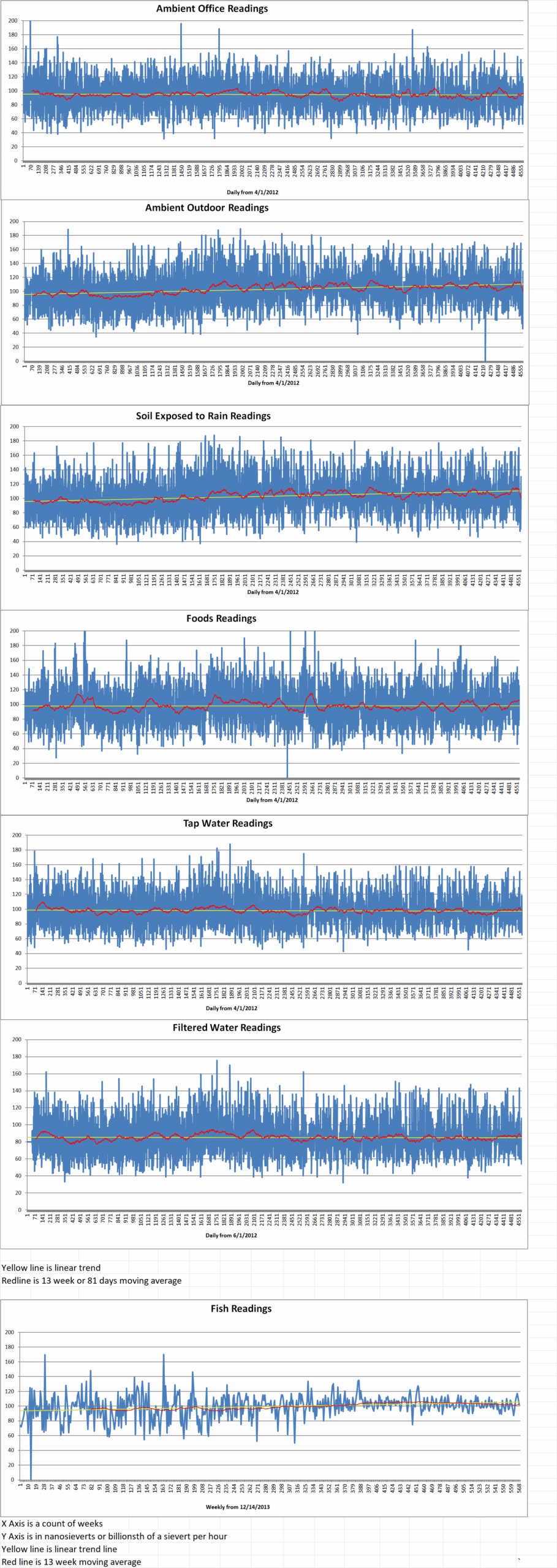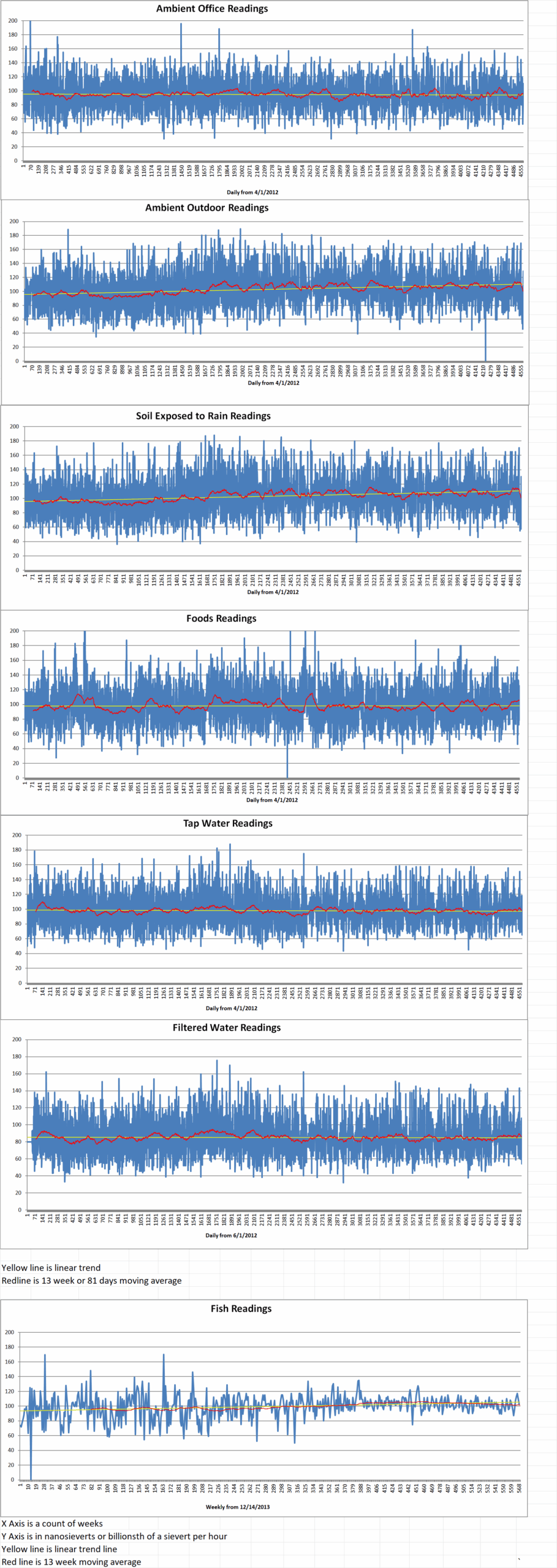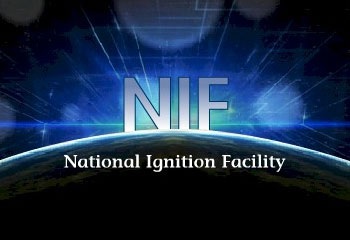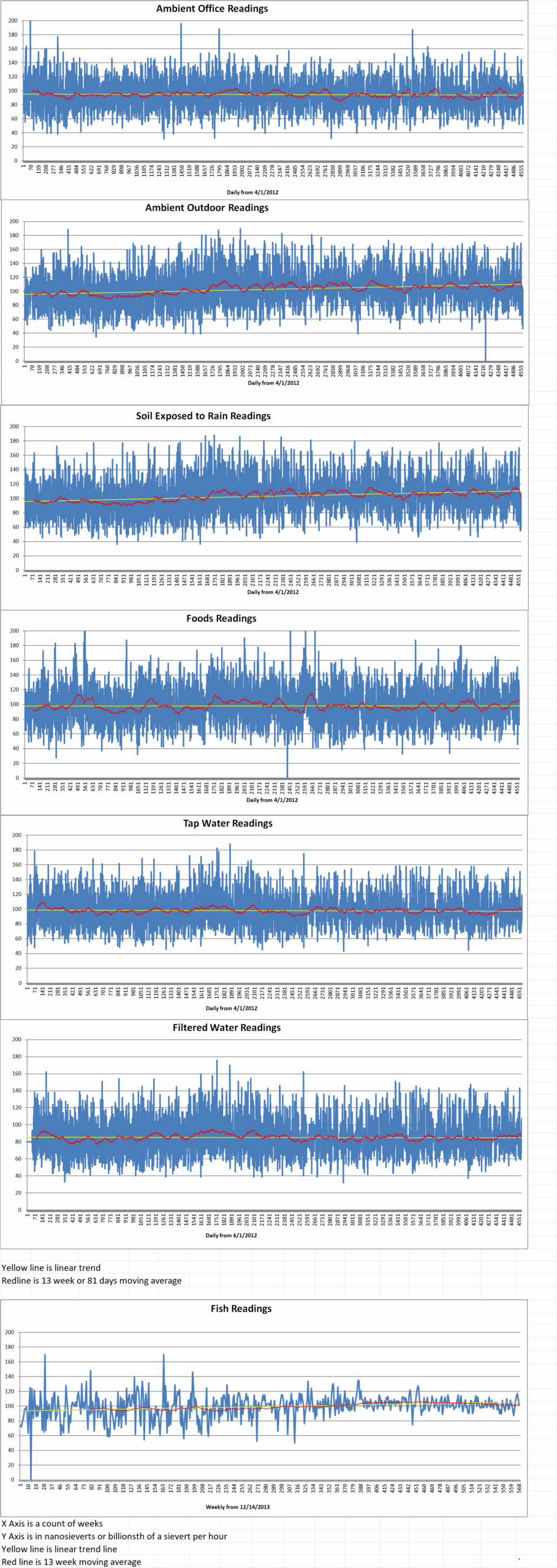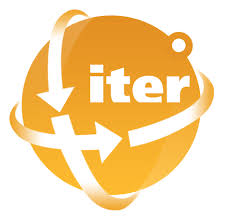Part 5 of 6 Parts
To solve the problem of neutron generation, a working commercial DT fusion power plant would need a device known as a ‘blanket,’ which would absorb the neutrons, converting their energy into heat. Then carry that heat away from the reactor to use it to drive a turbine, generating electricity. But nobody has ever created a full-scale blanket. The fusion reactors that Commonwealth, Pacific, and others plan to run in the next five years or so, like SPARC, don’t have blankets. They are just demonstrations that the form of fusion each company is developing can provide more energy than it consumes. These companies claim that they’ll have reactors with blankets in about ten years’ time, but a blanket is not a simple piece of technology to build. There are several different proposed designs, but they all involve surrounding the fusion chamber with an exotic coolant system, often containing molten lithium salts or lead. All these options are expensive and technically challenging.
Neutrons also cause other serious problems on their way out of the reactor. Paul Springer is a nuclear physicist. He said, “Neutron damage on things is significant and you can’t have that damage on a wall of a material that you need to rely upon. It destroys the integrity. Materials become porous and fluffy.”. Constructed from the wrong materials, even a better-than-breakeven fusion reactor wouldn’t be a reliable power source. It would need to be shut down constantly to swap out components destroyed by neutrons. Finding a way to avoid this problem requires years of testing to prove that materials can withstand continuous exposure to neutrons inside a reactor. Currently, no such testing facility exists.
The list of challenging problems goes on. Constructing and delivering a new fuel target once a second is a serious issue for pulsed power. Complex geometry makes maintenance difficult for tokamaks. Managing tritium, creating supply chains, and training the necessary workforce are challenges for virtually every fusion company in existence.
The lengthy list of obstacles makes these startups’ ten-year timelines for commercial fusion seem over-optimistic. When skeptics expressed skepticism in conversation, the companies’ executives acknowledged that the scale of the challenges is daunting. However, they explained, they expect to succeed anyway. “We have a track record that demonstrates to us that this timeline is possible with the right amount of resources,” Sorbom said in a written statement made available by Commonwealth, noting how quickly his team had built the first prototype component for their tokamak’s magnet. He said, “There’s neither a physics nor a ‘first principles’ reason that commercial fusion power can’t be achieved within ten years.”. Will Regan is the president and cofounder of Pacific Fusion. He suggested that the technology behind his company’s approach to fusion will allow a faster timeline: He said in an email, “Pulser technologies are now making fusion more affordable, manageable, practical, and scalable.”.
There is a company named Helion that is promising something even more ambitious than delivering competitively priced fusion power in the 2030s. Helion has raised over one billion dollars, more than three hundred and seventy-five million dollars of which has come from Altman. Other investors include Dustin Moskovitz, Peter Thiel, and SoftBank. Despite Helion’s failure to make its 2024 deadline for a demonstration of net electricity from fusion, the company claims that it’s still on track to meet a 2023 agreement to deliver fusion power to Microsoft by 2028 at competitive market rates. David Kirtley is Helion’s CEO and co-founder. When asked why this timeline was more trustworthy than previous estimates, he said, “we’re doing something that is incredibly complex that’s never been done before.”.
Please read Part 6 next

